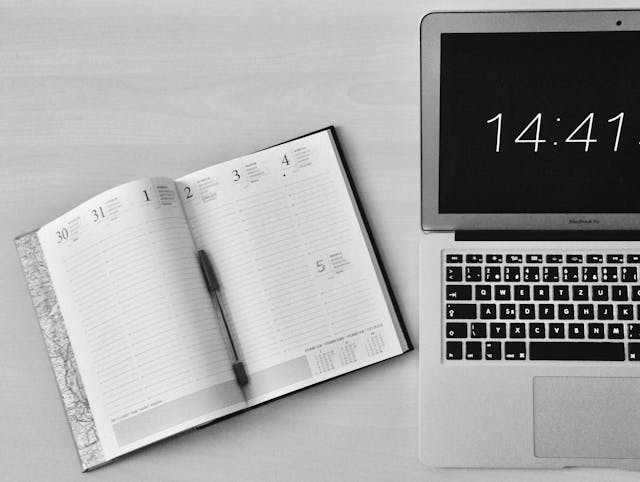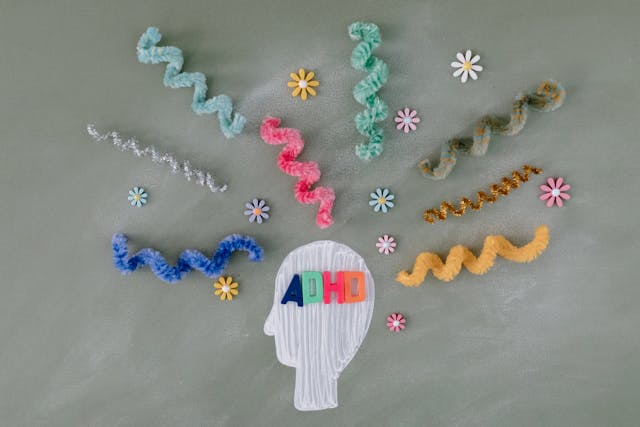There are a variety of effective ways to manage ADHD symptoms, whether it’s utilizing checklists or creating a schedule for yourself. Finding what works for you is essential to helping you stay on track and focused, and adopting these healthy habits can bring tremendous positive changes to your day-to-day life.
Keep reading for some healthy habits to help you manage ADHD symptoms!
Understanding Symptoms of ADHD
Understanding the symptoms of ADHD can help you identify which symptoms affect you the most, making it easier to create solutions to minimize their impact. As a neurodevelopmental condition (a condition that affects how the brain grows and develops), ADHD affects attention, controlling impulsive behaviors, and energy levels.
The Centers for Disease Control and Prevention states that ADHD can present in three different ways: predominantly inattentive presentation, predominantly hyperactive-impulsive presentation, and combined presentation (a combination of the two symptoms). Some of these symptoms include:
- Difficulty in organizing or finishing a task
- Difficulty paying attention to details
- Difficulty following instructions or conversations
- Fidgeting or talking a lot
- Difficulty sitting still for long periods and restlessness
- Difficulty controlling impulses, such as interrupting others or speaking at inappropriate times
These experiences can have a significant impact on work, school, and your personal life. It might be difficult to feel in control of these symptoms, but there are a number of effective habits to incorporate into your life to help improve your memory, organization skills, and focus.
How to Manage ADHD Symptoms
Knowing where to start or even how to start can seem like a challenge when it comes to managing ADHD symptoms. Help Guide, a site dedicated to providing advice about mental health and wellness, suggests that adding structure to your day is a great way to start managing symptoms of ADHD.
Keeping structure in mind is integral to improving symptoms impacting organization. Whether you’re planning your weekly schedule or looking to tidy up your home or office, creating a schedule or routine can break down large tasks and make them more approachable and less overwhelming. But what does this look like in practice? Help Guide further suggests a few ways to get more organized:
- Utilizing checklists and to-do lists
- Using calendar or day planner apps
- Creating space for your daily needs
Utilizing these resources can help you lay out your tasks for the day, remind you of any appointments or plans, and prevent you from being distracted by clutter in your space.

Similarly, organizing your life through checklists and reminders can also help you focus better. Advanced Psychiatry Associates, a professional psychiatry practice, suggests one strategy to help manage ADHD is to minimize distractions. This can include:
- Decluttering your home or office
- Turning off notifications on your phone
- Choosing a quiet space to work in
- Listening to music or white noise
Additional Support for ADHD
With these habits in mind, you can improve your ADHD symptoms and make them more manageable. If you find that your ADHD symptoms significantly impact your life despite efforts to improve them, consider talking to your doctor about your experiences to seefind which solution is right for you. Medication, therapy, and practicing healthy habits can all be incredibly effective ways to manage ADHD.
Conclusion
ADHD symptoms can seem overwhelming, but there are a variety of ways to help manage them. Adding structure to your day can vastly improve your organization skills and ability to carry out tasks and can make for a better environment for you to focus in. Keeping these healthy habits can help with ADHD symptoms, along with consulting with health professionals for further support.
Looking for more information on ADHD and other neurodivergent information? Keep reading at Ferry Godmother Productions!

